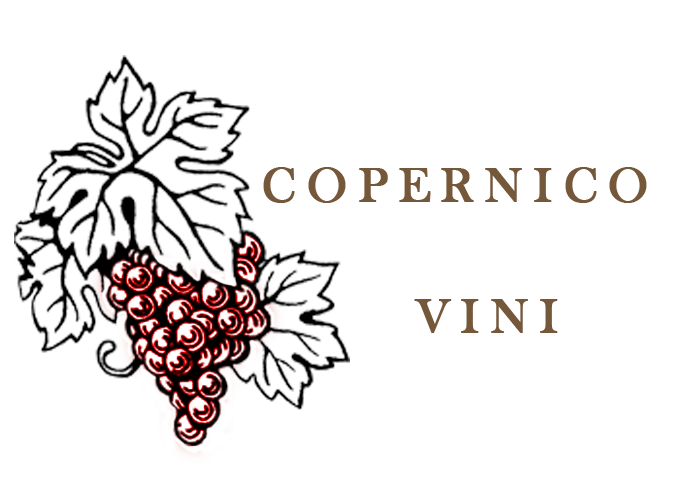Antidepressants and alcohol: What’s the concern?
After controlling for potential alcohol-induced anxiety conditions in relatives, the lifetime risk for any major anxiety disorder in the male and female relatives of alcoholics was between 6.7 and 6.9 percent, rates not different from those expected in the general population. Neither male nor female relatives showed increased risks for obsessive-compulsive disorder, social phobia, panic disorder, and/or agoraphobia. A preliminary evaluation of the lifetime rates of major depressive disorders in 2,409 interviewed relatives of alcoholics revealed a rate of 17.5 percent, a figure that was almost identical to the rate observed in control families. Most clinicians and researchers would agree that alcoholics experience high rates of anxiety and depressive symptoms and that these problems must be addressed early in treatment (Brady and Lydiard 1993).

Data from studies of depression indicate that the substantial variability in the symptoms presented reflects a heterogeneous pathophysiology,32 yet research on heterogeneity in co-occurring AUD and depressive disorders remains limited. Two of the most cited reasons for the association between alcoholism and depression is that both disorders have shared underlying environmental and genetic factors. So, while alcohol abuse can affect an individual who is not depressed, and vice does alcohol make depression worse versa, the risk that both disorders can take effect at the same time is high. It is, therefore, not surprising that more than one out of every three alcoholics has experienced episodes of intense depression and/or severe anxiety (Cox et al. 1990; Wilson 1988). These psychological conditions are often intense enough to interfere with life functioning, and the symptoms are often recognized by physicians and other health care providers as serious enough to require treatment.
Humana for Alcohol Rehab: What You Need to Know
An estimated 20 percent of adults in the U.S. drink alcohol to help them fall asleep. However, alcohol use has a direct, adverse effect on a person’s sleep quality. Alcohol addiction can lead to several long-term sleep problems, including insomnia. Besides severely affecting your physical and mental health, alcohol can also lead to social and legal problems. If you have a history of depression, depressive symptoms can rebound during alcohol withdrawal. As you increasingly depend on alcohol for pleasure, you will find other activities less enjoyable.
- Heavy drinkers represent a significant subpopulation of depressed patients who are more likely to do poorly in depression treatment in the absence of a change in their drinking behavior and are at risk for drinking-related consequences as well.
- But depression and anxiety sometimes go together – feeling anxious and worrying constantly can make you feel low.
- Finally, the etiology, course, and treatment of both AUD and depression differ substantially by gender.
Heavy drinkers represent a significant subpopulation of depressed patients who are more likely to do poorly in depression treatment in the absence of a change in their drinking behavior and are at risk for drinking-related consequences as well. We believe that current research and practice have devoted insufficient attention to assessing alcohol use and addressing heavy alcohol use among depressed patients. In the absence of the data necessary to establish recommended drinking levels for depressed patients, clinicians may need to conduct an idiographic assessment to determine the potential influence of alcohol use on depressive symptoms for a particular patient. Brief motivationally focused interventions to reduce heavy alcohol use have been well validated in a variety of patient populations and offer the promise of improving depression treatment outcomes among heavy-drinking patients.
Traditional ways of treating anxiety
Taken together, the current literature suggests a need to routinely assess alcohol use and to address alcohol use among the large number of depressed patients who are drinking heavily. Such effects aren’t always immediate, however, and issues can and often do build over time. “While a single drink can have both stimulant, anti-anxiety and sedative effects, the sedative effects become more prominent as people drink more heavily,” notes John Krystal, MD, a professor of psychiatry, neuroscience and psychology at Yale Department of Psychiatry. In this way, it’s believed that alcohol use is one of the few depressants that can lead to depression in some users when consumed in high amounts. “Persistent heavy drinking, particularly alcohol use disorder, increases the risk for depression,” Krystal says. Abusing alcohol while living with mental health conditions is incredibly dangerous.
- Alcoholics who experience high levels of anxiety or nervousness, including panic attacks, will likely benefit from education and reassurance as well as from behavioral therapies aimed at increasing levels of relaxation.
- Depression can cause a person to turn to alcohol, and alcohol abuse can cause a person to become depressed.
- The statistics do show that depression is more prevalent in individuals who abuse alcohol and that people who are depressed are more likely to develop alcoholism.
In this way, depressants can cause depression symptoms, but, with a couple noted exceptions, they don’t usually create the mental health condition in the user in the first place. “Depressants don’t cause depression, but they may make a person feel disinterested and slowed down cognitively,” explains Natalie https://ecosoberhouse.com/ Christine Dattilo, PhD, a clinical & health psychologist and founder of Priority Wellness based in Boston, Massachusetts. Alcohol use disorder (AUD), or alcohol addiction or alcoholism, is a chronic relapsing brain disease. It develops when you misuse alcohol despite knowing its adverse effects.


 English
English